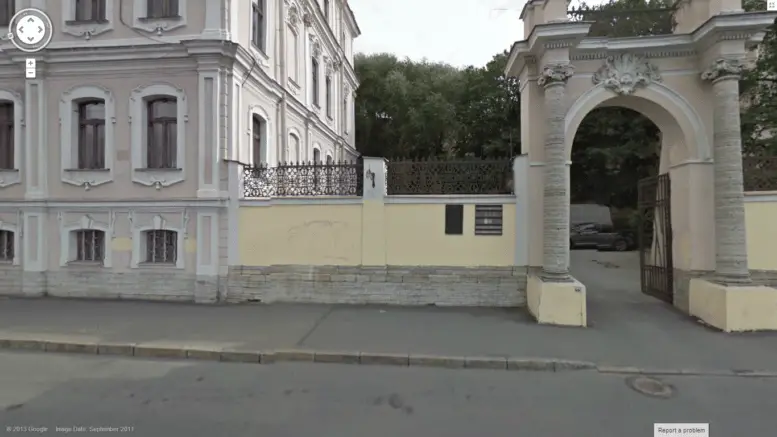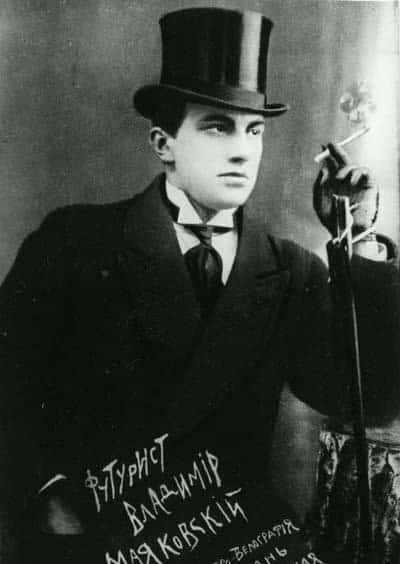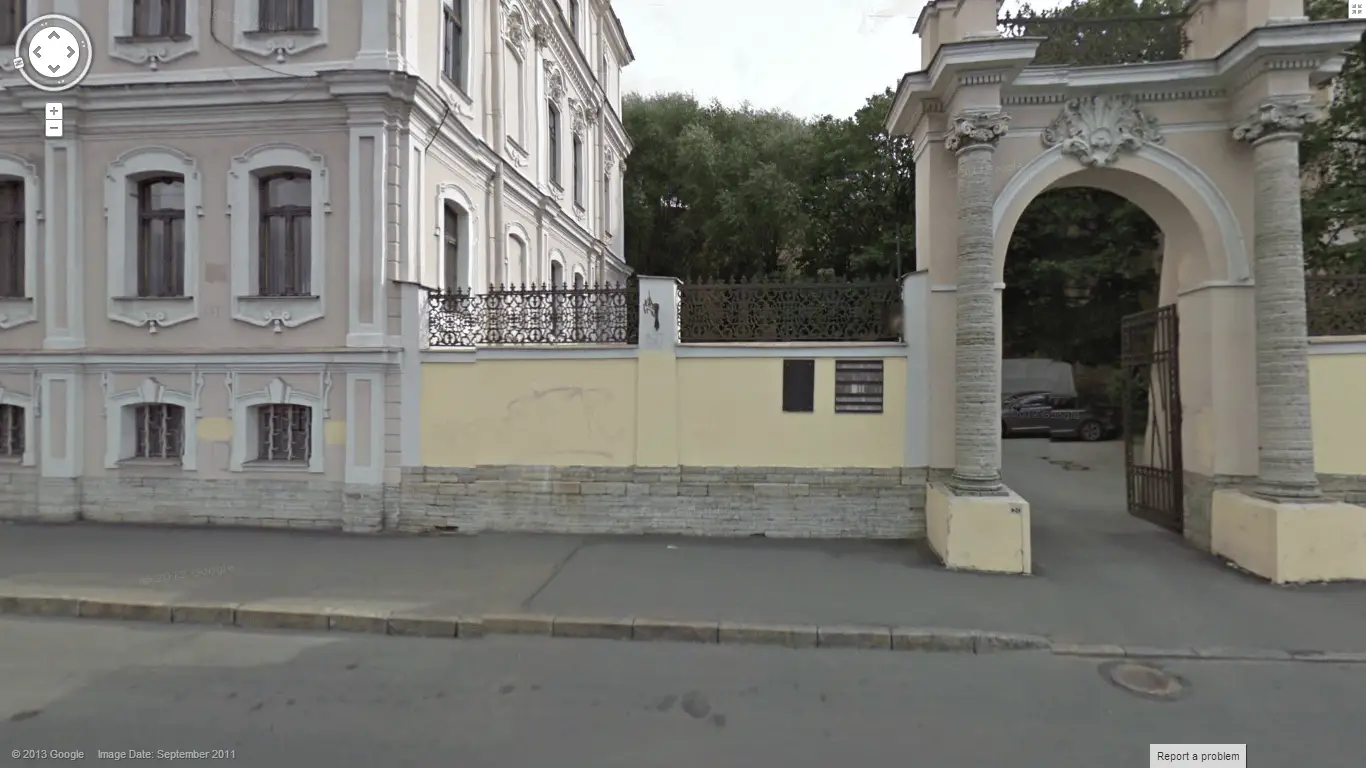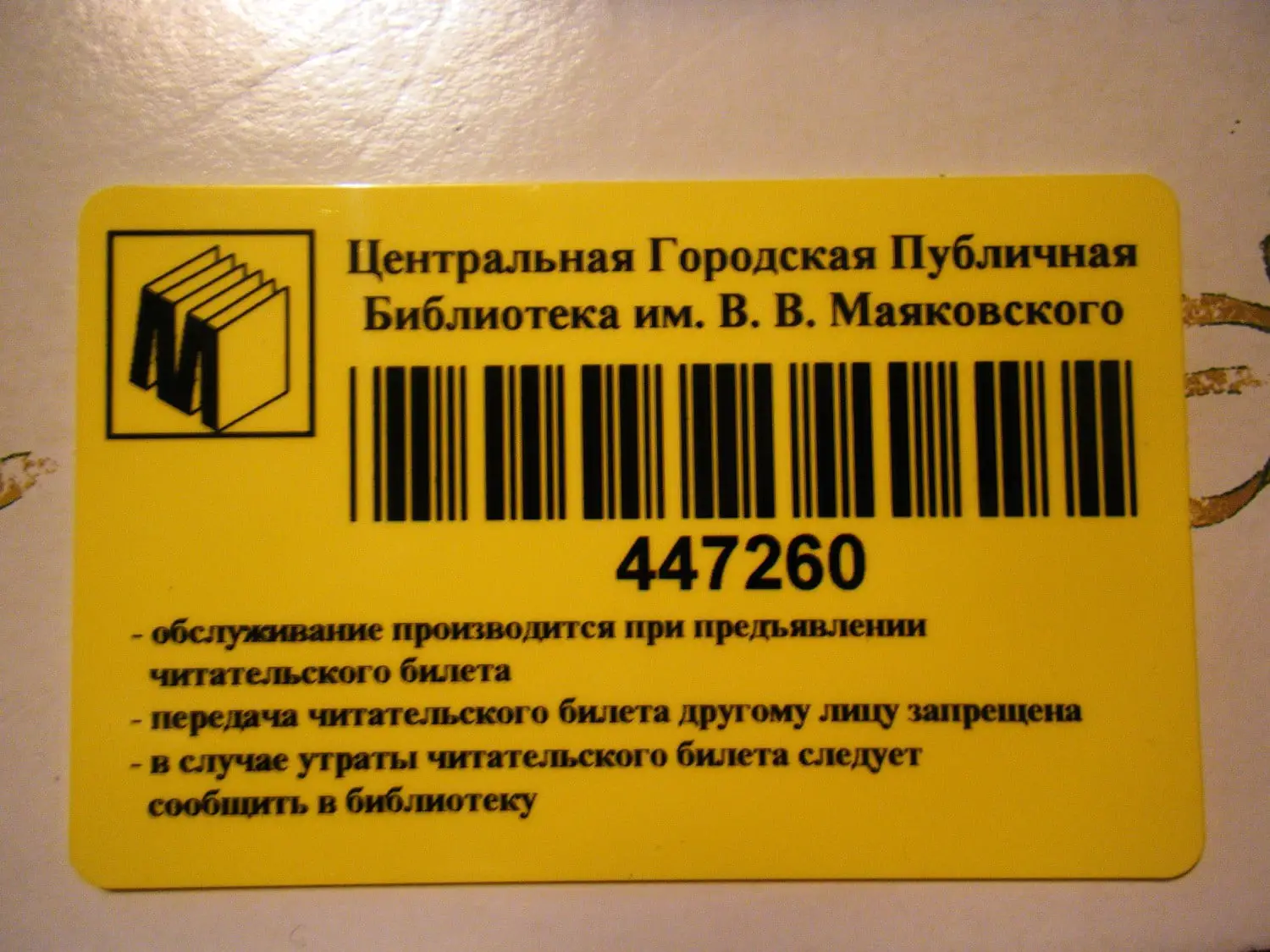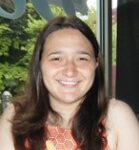Literature and culture have a very strong bond in Russia, and as any student of Russian can attest to, reading Russian literature is a key component to understanding the language. Nestled on the Fontanka is the Mayakovskaya Library, which takes this respect for literature and uses it to teach foreign languages.
The Mayakovskaya Library at Reki Fontanka, 46 is named after the famous Russian author, poet, screenwriter, playwright, performance theorist, and futurist Vladimir Vladimirovich Mayakovsky (1893-1930). In the beginning of his career, he wrote about love, religion, and the future. His most famous works include “Morning/Утро”, and “A Cloud in Trousers/Облако в штанах”. In his later career, he began to write satirical works, subtly, and sometimes not so subtly, criticizing the Soviet Union, such as in the play The Bedbug/Клоп. He now rests in the Novodevichy Cemetery in Moscow.
The Mayakovskaya Library is not easy to find, but worth the effort. You must go through a classic Russian gate, to a small, quiet courtyard, where you take a left, another left, and find yourself in front of large wooden doors. Once inside, you go past the guard, through another set of doors, and left towards the librarian’s desk. Here you can get a library card. St. Petersburg is full of nooks and crannies that offer hidden gems like the Mayakovskaya Library.
At the library, there are three library cards available. The first one is for Russians, which allows them to check out books and use all the library’s resources. The second one is for people living in St. Petersburg for more than 3 months. You can use this card to check out books and use all the library’s resources. The last card, which is the one that I have, and available to those staying for less than three months, allows you to use all the library’s resources. Without it, I would not be able to go to the second floor, use the audio collection and other facilities and services described below. It is very easy to get a library card, although few people speak English. The staff is incredibly nice, and they will speak slowly. Just make sure to bring your passport and visa.
The Mayakovskaya Library’s main focus is helping people learn foreign languages. Unfortunately, its ‘Russian Conversation Group for Foreigners,’ just finished for the summer. It still has groups for those learning French, German, Spanish, English, and so on. There are books in many different languages, including English, French, and rarer southern Russian dialects. They have around 3,000 American and foreign films, that are free to watch in the library and foreign film screenings almost every day. The schedule of events is to the left of their Russian only website. Lastly, it is a lovely, quiet library, and a great place to work if you are in the mood for a change of scenery. Oh, and they have free Wi-Fi. Just ask for the password (пароль) at the desk!
Resources:
“Mayakovsky” Wikipedia. Wikimedia Foundation, 15 June 2013. Web. 30 June 2013.
«Маяковский, Владимир Владимирович» Википедия. Wikimedia Foundation, 18 June 2013.Web. 30 June 2013


